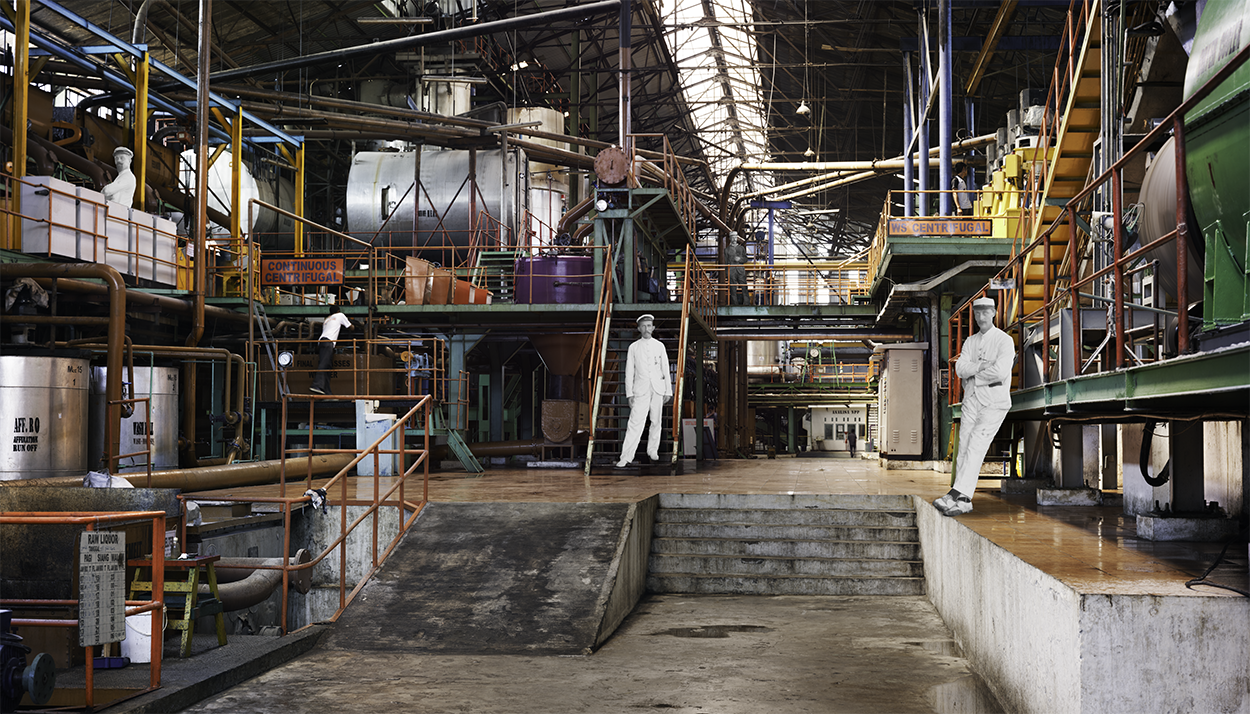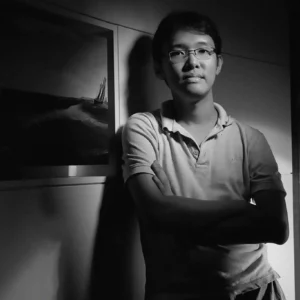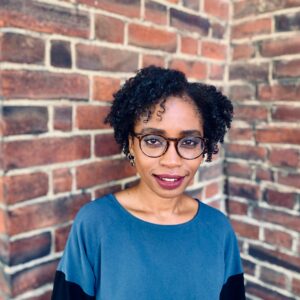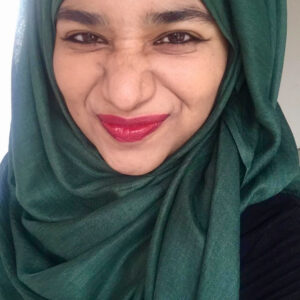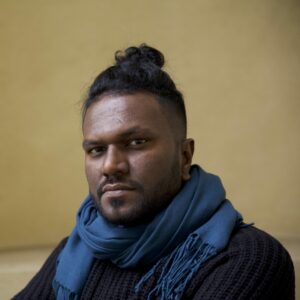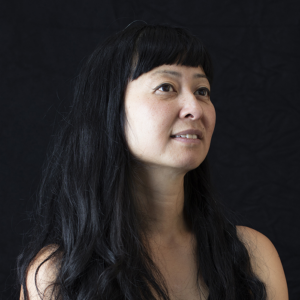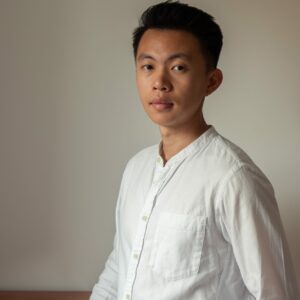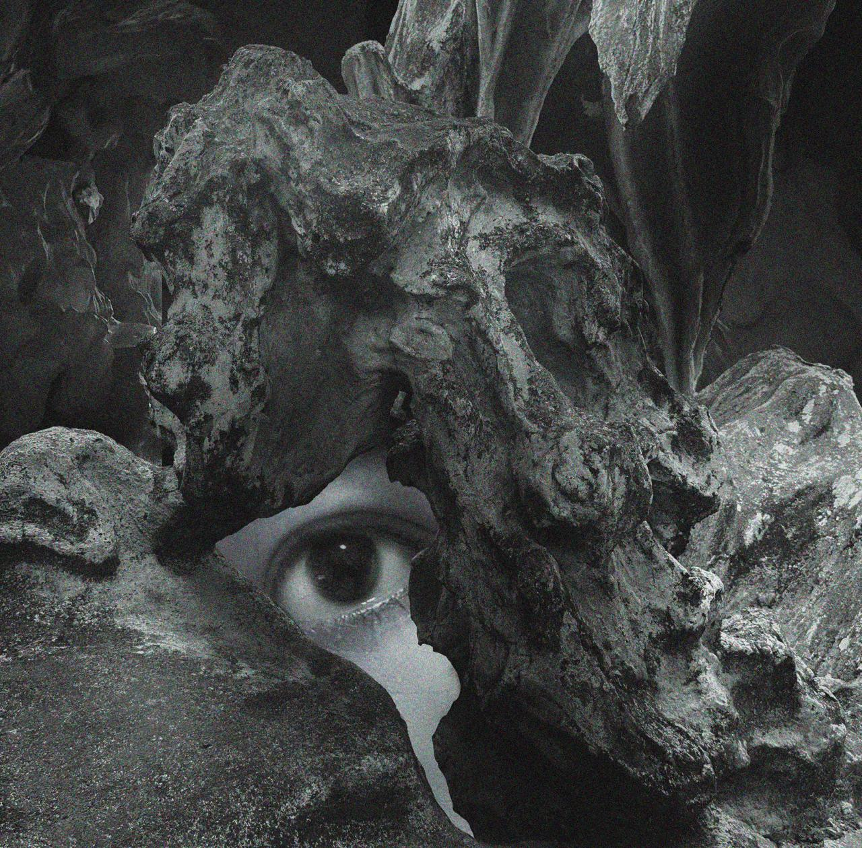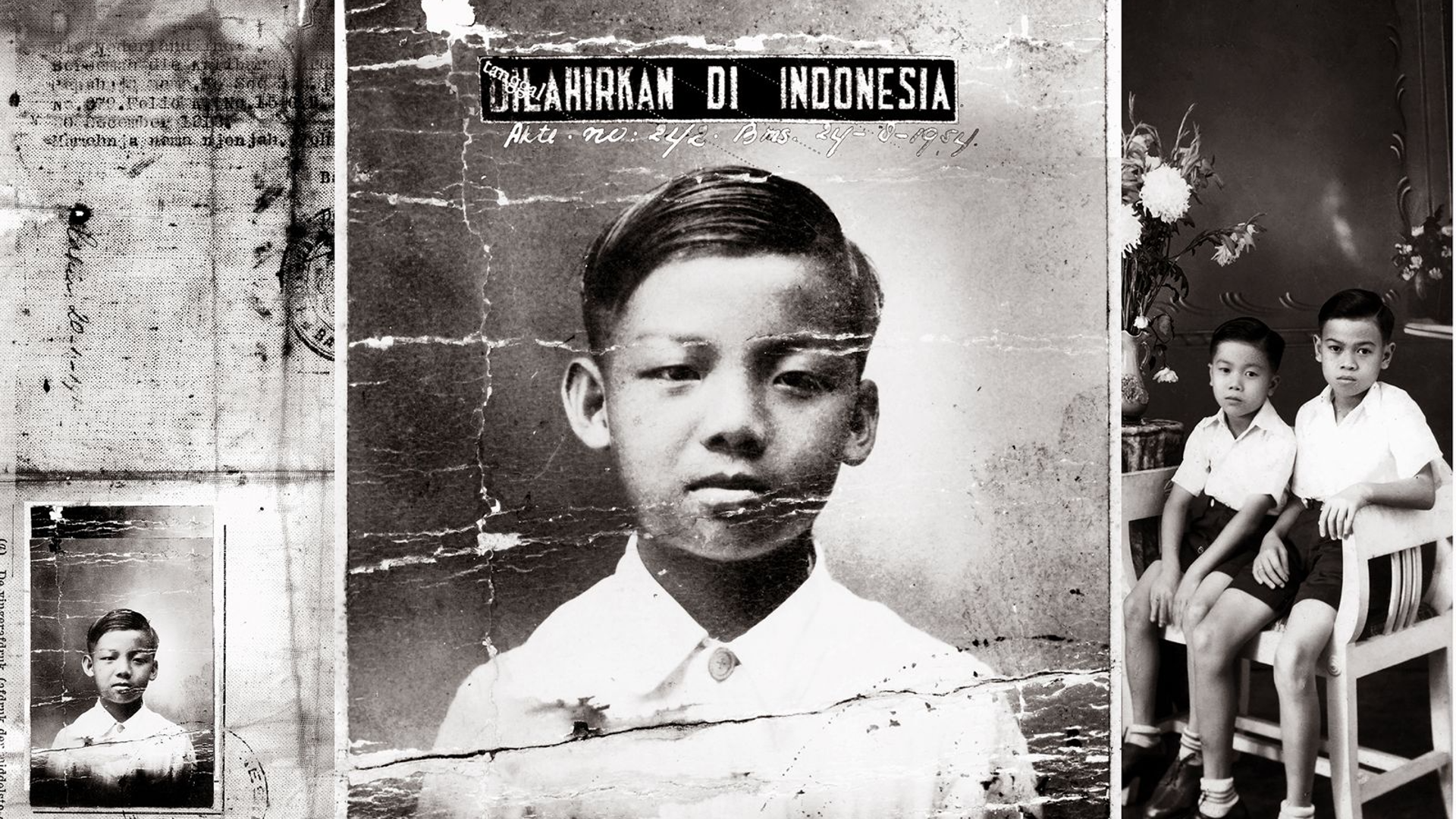The history of photography is deeply entwined with the history of colonial expansion and exploitation. Cameras were not merely tools of documentation; the photographs served as instruments of dominance, often used to justify and perpetuate colonial rule. The individuals captured within these images were subjected to the colonial gaze, trapped within a narrative that erased their voices and experiences.
Colonial archives are repositories of such violence. The documents and images stored within reduce lived lives to fragments, preserving remnants of an imperial past that continues to shape the present. For many, particularly descendants of the colonised, engaging with these archives evokes a visceral response: feelings of rejection, repulse, loss, and disconnect. These images can trigger powerful negative emotions and a profound bodily reaction, underscoring the lingering impact of colonialism.
This exhibition, titled ‘Archival Allergies’ — inspired by Derrida’s concept of ‘Archive Fever’ — critiques the ‘compulsive, repetitive, and nostalgic desire for the archive.’ It challenges us to approach these materials with ethics and care, urging a critical examination and reinterpretation of their contents. How can contemporary artists use this material to offer a more nuanced reading of history? How can their work bring to light the previously invisible and silenced stories of colonised people?
The five artists featured here present their ‘personal remedies’ to colonial archives and photography. Through acts of cutting, covering, annotating, enlarging, and juxtaposing, they reveal the ‘potential histories’ that lie within these collections — not just what was recorded, but also what was omitted, silenced, or rendered invisible. Their works provide ways towards healing and restorative justice. Working with diverse archives around the world from various former empires, including the American, British, and Dutch, their works are displayed alongside archival materials from the National Archives of Singapore.
This exhibition invites viewers to reconsider the narratives these archives perpetuate and to imagine new ways of understanding and representing the complex legacies of colonialism.
Curated by Sean Cham (born Singapore, 1994)
↘ Double Bill: Roles of Archives in Contemporary Art + Curating Discomfort, held in conjunction with the exhibition “Keeping the Dream” and “Archival Allergies: Personal Remedies for Colonial Archives”
21 October (Mon), 7.30pm to 9.30pm



